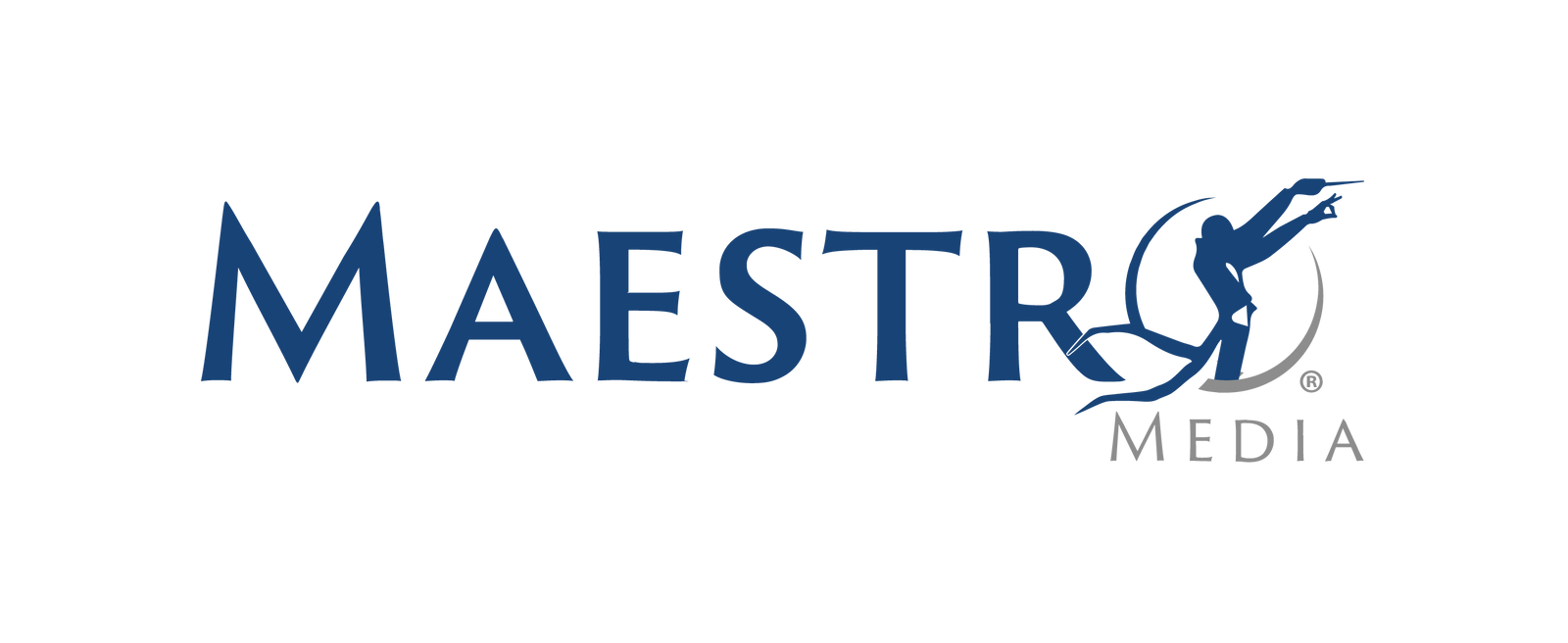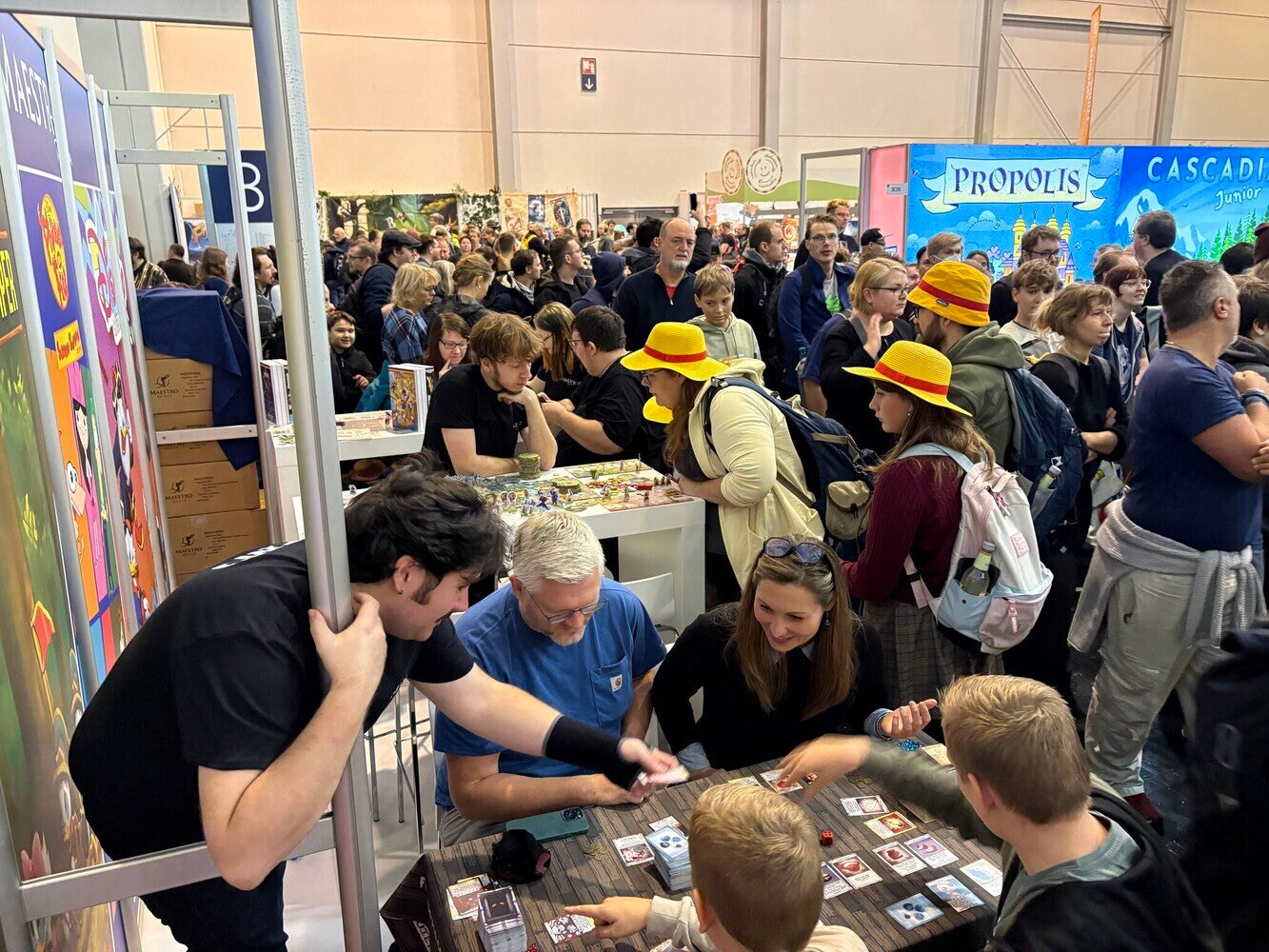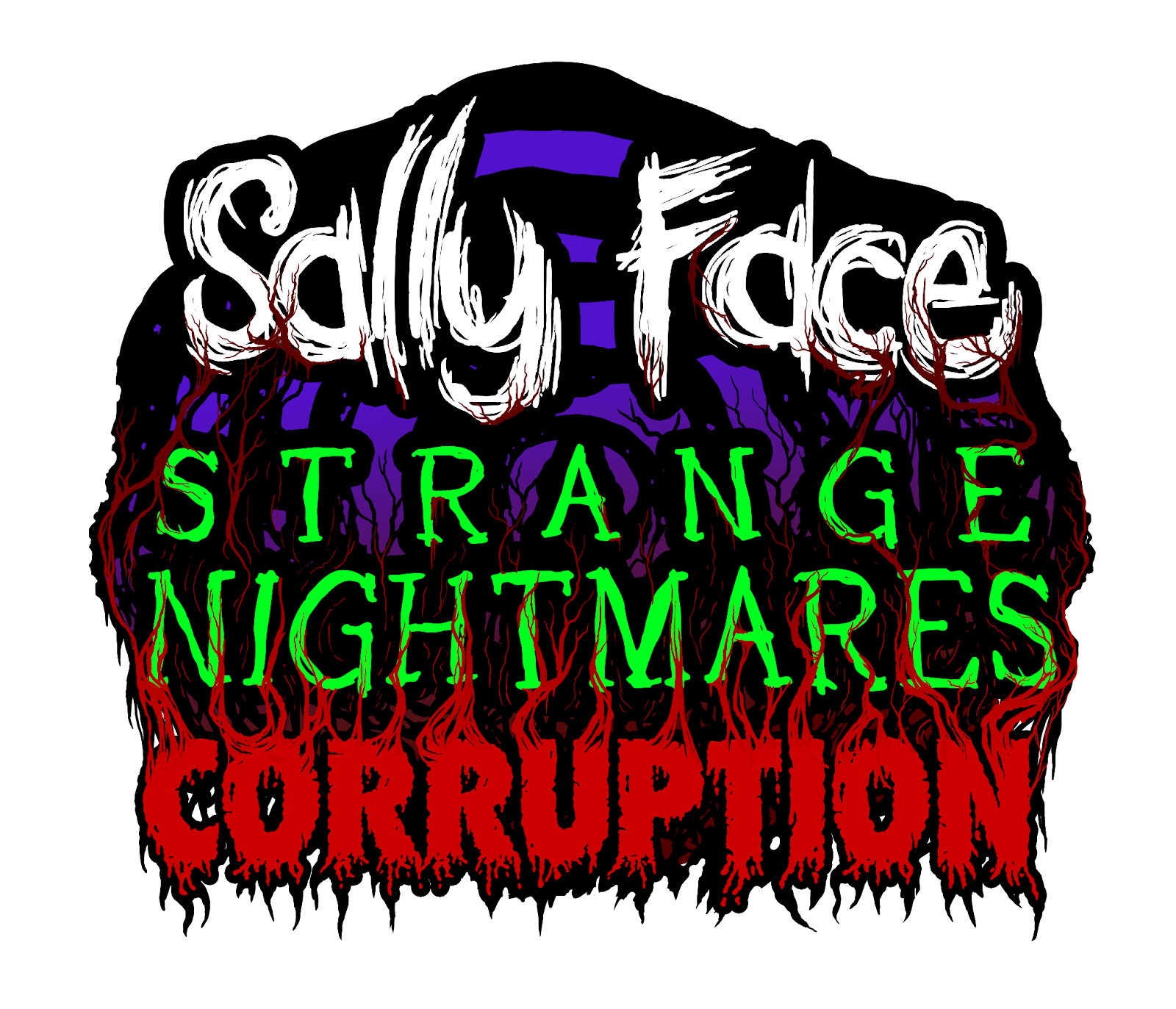You have to balance creativity with administration. You can no longer just be creative, you have to put as much administrative and operational effort into your business as you do creative.
As a part of our series called ‘Five Things I Wish Someone Told Me Before I Became A CEO’ we had the pleasure of interviewing Javon Frazier — Founder/ CEO — Maestro Media.
Javon Frazier is a veteran digital strategist and entrepreneur with two decades in the media and entertainment industry specializing in development and worldwide expansion. As the founder and CEO of Maestro Media, a first of its kind full-service strategic product and business development firm, Javon works with creators and fellow entrepreneurs to deliver experiences and products directly to consumers through engagement and positive brand sentiment. In 2021 alone, he has driven over $15 million in crowd fundraising through Maestro Media.
Thank you so much for joining us in this interview series! Before we dig in, our readers would like to get to know you a bit more. Can you tell us a bit about your “backstory”? What led you to this particular career path?
Can you share the most interesting story that happened to you since you began leading your company?
I guess the most meaningful moment for me was when we closed the Kickstarter campaign for The Binding of Isaac: Four Souls Requiem at $6.7 million — we closed it out via a livestream with the game’s creator, Edmund McMillen, his daughter, my daughter and thousands of fans. It was really about family, partnership, and community which are our company’s values. It was this amazing moment where my daughter was sitting next to me, his daughter was sitting next to him, the fans were with us via the livestream helping us achieve this amazing goal to bring this project together and there was a big celebration because we were all doing it together, and the Kickstarter closed with fireworks and confetti at the end of a campaign. So it really was a celebration, and like a party. And to have that kind of personal moment with 48,000 fans and such a true partner like Edmund and our families, it is probably one of the biggest experiences I’ve had, not only in business, but in life. It was unbelievable.
Can you share a story about the funniest mistake you made when you were first starting? Can you tell us what lesson you learned from that?
When I first started Maestro Media I wanted to go full speed and do anything and everything at once. For years I have wanted to start my own company, and now that I did, I was ready to make a name for myself and show the world what we, as Maestro Media, could do. I was thinking 10 steps ahead, lining up business opportunities, meetings, and coming up with some incredible ideas. Thankfully I have an amazing team who helped me organize and focus on taking the proper steps, in the proper order, to succeed and get us to where we are now. Without them, I would be juggling a handful of projects that, while I’m sure would be successful, would not be nearly as successful if I had not taken a step back and reevaluate priorities. There’s a reason the creative process has multiple steps — trust the process and you’ll be a better creative and leader than if you do not.
"Thankfully I have an amazing team who helped me organize and focus on taking the proper steps, in the proper order, to succeed and get us to where we are now."
Can you share the most interesting story that happened to you since you began leading your company?
My wife has helped me more than I could have ever hoped for. From proofreading my papers in college, all the way to editing my speeches and articles when I was student body president of the NYU Business School. She was that one audience person in my dorm that had to hear my speeches over and over again while I practiced them, and she continues to play the role of proofreader, reviewing all of my writing before I post on social media or Kickstarter campaign updates. She helps me to find my true voice.
I also have an awesome team. With a small team of only four dedicated and talented people, we were able to launch the seventh largest Kickstarter of all time in the board game category. The team is incredibly dynamic and to achieve the kind of height we achieved in such a short amount of time with a team of four is pretty spectacular, if you ask me. The fact that most of these achievements have these big companies and big names behind them, but we just have such a tight-knit team of four (plus my wife and daughters who are also our unofficial playtesters) is outstanding and I’m so very thankful to this group.
It’s not really one person, it really is a team effort of those people that are truly closest to me and I look at my team as that too. I look at my team as family and so it’s really phenomenal to have that.
And obviously Edmund McMillen has been a significant partner in trusting me to grow his business from one tabletop game to multiple sequels. I think we’ve got about a hundred and thirty SKUs now (game expansions, merch, etc) and so a partner to give you that trust and that leeway to continue to grow their brand and business, that’s something phenomenal and rare and I both understand and appreciate it.
As you know, the United States is currently facing a very important self-reckoning about race, diversity, equality and inclusion. This may be obvious to you, but it will be helpful to spell this out. Can you articulate to our readers a few reasons why it is so important for a business or organization to have a diverse executive team?
If you want to reach a diverse audience, you need to have a diverse team that can speak to and reach that diverse audience. Our company just happens to be that way. Obviously I’m an African-American founder and CEO, but we’ve got a diverse team, from senior leadership, all the way down to everyone on the team. It just naturally happened that way.
I think that it’s so important because the people that are buying your products have diverse perspectives and diverse needs, and the only way that you can fill those is by having diverse sensibilities on a team. Even internally, taking the customers out of the equation, in order for me to be a better CEO and for our team to be stronger, we need to have diverse perspectives.
I’ve got two daughters and so I’m so cognizant of not only racial diversity, but gender diversity. Because I want to build the kind of company that my daughters (if they so choose) would be happy and proud to work or be associated with, it’s important for me that we are not just racially diverse, but gender diverse as well.
As a business leader, can you please share a few steps we must take to truly create an inclusive, representative, and equitable society? Kindly share a story or example for each.
I think it’s about opportunity. I think the biggest thing that I’ve been the beneficiary of my entire life has been opportunity.
My first major opportunity I took advantage of was in seventh grade, where, based upon my educational document, I got the opportunity to go to school at the prestigious Brentwood School in LA. For a kid living in South LA having the ability to attend a school like Brentwood gave me an entirely different perspective on life and what opportunities there were out there. IT was here that I learned that there’s an entire world of opportunities out there, I just needed to recognize what I want and work on securing these opportunities. I went from Brentwood, to Cal Berkeley, which led me to NYU, which helped me land my role at Marvel, move over to Studio 71 and eventually form my own company. At every single stage my perspective has changed and I’ve been a beneficiary of being a part of different groups with different perspectives that have helped me to expand my own sensibilities about the world. It’s all about having and exploring different perspectives — that’s the only way you can truly be a successful human being.
Additionally, I’ve picked up a tremendous amount of mentors along the way. From my Marvel mentors from NYU mentors from Cal Berkeley Mentors and others from every stage of my life. Even at 43 years old, I maintain mentorships because I’m constantly growing and trying to be a lifelong learner, and try to change my perspective in a world that’s constantly changing.
Ok, thank you for that. Let’s now jump to the primary focus of our interview. Most of our readers — in fact, most people — think they have a pretty good idea of what a CEO or executive does. But in just a few words can you explain what an executive does that is different from the responsibilities of the other leaders?
I think that a good leader gets perspective from his team in order to understand the way that they can achieve the goal, but I think the leader is supposed to be in the driver’s seat, setting a vision and driving the company towards that vision, no matter what. Perhaps the hardest thing about being a CEO is convincing people of your vision. The CEO is leading that vision to be the greatest and everyone’s like “Okay sure, I like you and you seem really passionate about this and I hope you succeed” but you know a lot of people don’t understand your vision. I compare being a founder and CEO to the likes of climbing a great mountain like Mount Kilimanjaro and there’s no way that you turn back halfway, you HAVE to complete your mission, there are no other options and no way to turn back. Even if it kills me I’m gonna make it happen because it’s so important for me as an African-American CEO (which there are too few of) that I don’t fail.
What are the “myths” that you would like to dispel about being a CEO or executive. Can you explain what you mean?
That it’s super fun. People tend to have this vision of CEOs relaxing on their yachts, on the ski trail all the time and hardly doing any real work. That may be true if you achieve a certain level of success, but for a relatively new company like Maestro, that’s far from the case. I never ask my employees to put more effort into the company than I’m willing to do myself. I founded the company so it’s ultimately up to me to ensure it’s run efficiently, and if that means a few sleepless nights for myself to ensure my employees are able to have an appropriate work-life balance, so be it — that’s what I signed up for.
I also have this heavy chip on my shoulder to always prove that I’m successful. I was not born into a life of luxury, I struggled to get to where I’m at now. I was just some kid in a single-parent household in South LA that saw one opportunity after another and just went for it and wanted a better life. A lot of CEOs that started off by forming a business in college just to make rent, and then continued and eventually turned their small company into a multi-million dollar business. They did this out of necessity, and that’s part of the reason why I needed to start my own business as well. I needed to spend more time with my family. Even though I’m working more now than ever before, I’m able to run my own schedule and dedicate more time with my family, which is of utmost importance to me.
"I never ask my employees to put more effort into the company than I’m willing to do myself. I founded the company so it’s ultimately up to me to ensure it’s run efficiently..."
What is the most striking difference between your actual job and how you thought the job would be?
I thought I would get to be a lot more creative. Don’t get me wrong, I’m still able to exercise my creative muscle, but there’s a lot more administrative work than I initially thought there would be. You spend a lot of your time setting up healthcare budgets, legal compliance, payroll, budget, etc. If I don’t get my budget right for 2022, we can go out of business, so the stakes are high so it’s not something you can just NOT pay close attention to. As CEO, the buck stops with you. If something isn’t budgeted for, there’s no one to blame but YOU. If something doesn’t happen, it’s on you at the end of the day. There’s no one else to point the finger at, it all stops with you and that’s the mantle, that’s the responsibility that you take on as CEO.
Do you think everyone is cut out to be an executive? In your opinion, which specific traits increase the likelihood that a person will be a successful executive and what type of person should avoid aspiring to be an executive? Can you explain what you mean?
I think the best and most successful CEOs are lifelong learners — that’s the trait I see in most executives. I remember one time I went on an intercontinental trip with a few executives and one of them blew through three or four books during the trip — it was amazing and reinforced that you should never stop trying to improve and learn.
What advice would you give to other business leaders to help create a fantastic work culture? Can you share a story or an example?
You need to be passionate about your industry. Our company is based upon pop culture. Our team has members in different parts of the country and across the globe, so we’re all very different from one another — but the one thing that connects us is our passion for pop culture and our passion for the gaming industry. A lot of our team calls eventually devolve into conversations about the hot topics of the week, and we relish in that! Because we, ourselves, are passionate about pop culture, we can bring that passion to the company.
How have you used your success to make the world a better place?
It starts with my kids. Maestro Media is a minority founded and run company, and I want to show my kids that, regardless of your background, you can succeed in the world. I also strive to showcase creators of different backgrounds, creators of color, and other diverse individuals because it’s important. I am also excited about highlighting these diverse individuals because I feel like we’re blazing a new trail.
"I want to show my kids that, regardless of your background, you can succeed in the world."
Fantastic. Here is the primary question of our interview. What are your “5 Things I Wish Someone Told Me Before I Started” and why? (Please share a story or example for each.)
- Being a CEO is a lifestyle and you’ve now chosen to live this lifestyle. You’ve now taken on a ton of responsibility and need to manage your time. You may think “okay, I’m only gonna work within these hours” and that’s not a reality. Yes, you may be able to manage your time better, but you still have to put in the work when there’s work that needs to be done. You no longer live a 9–5 life, and you have to be okay with that.
- You have to balance creativity with administration. You can no longer just be a creative, you have to put as much administrative and operational effort into your business as you do creative.
- It involves a lot of reading, and not for enjoyment. I was an English major and read hundreds (if not thousands) of works, but that fails in comparison to how much reading I have to do now. From legal documents to website copy and more, reading is a nonstop part of my work.
- You’re measured by your team and the people you keep around you, not just by your success.
- It’s about the growth of the people around you, not just yourself.
You are a person of great influence. If you could inspire a movement that would bring the most amount of good for the greatest number of people, what would that be? You never know what your idea can trigger.
Invest your time into getting a proper mentor to help educate you on all things you’re not an expert in. I think where people falter is in the education or understanding of a certain aspect of business that could easily be learned if they had the proper guidance and direction. I’m 43 years old and I still have mentors because I don’t know everything, and I don’t pretend to.
We are very blessed that some very prominent names in Business, VC funding, Sports, and Entertainment read this column. Is there a person in the world, or in the US with whom you would love to have a private breakfast or lunch with, and why? He or she might just see this if we tag them
Elon Musk. I’m a big Marvel fan and he’s essentially Tony Stark.
Thank you for these fantastic insights. We greatly appreciate the time you spent on this.
Find the Article From Authority Magazine Here



